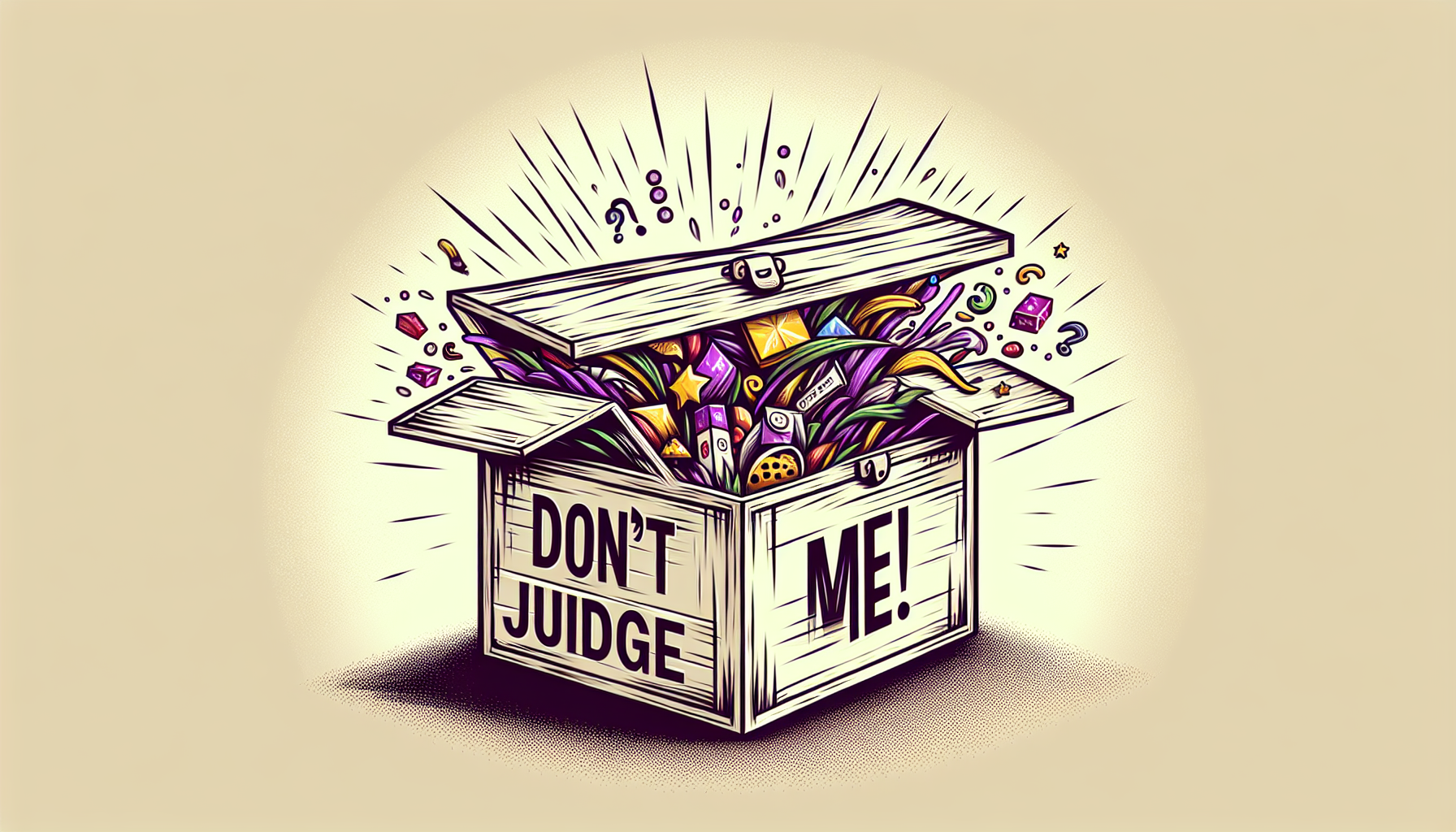Wikipedia's Role in Combating Misinformation

Misinformation can take many forms, from innocuous rumors to dangerous falsehoods that can influence public health and safety. The COVID-19 pandemic, for instance, highlighted the urgent need for accurate information as myths and misleading claims circulated widely across social media, potentially endangering lives. In political contexts, misinformation can sway elections and manipulate public opinion, as seen in various high-stakes elections around the world. Wikipedia, with its open editing model, faces the unique challenge of addressing these issues while ensuring the integrity of its content.
Wikipedia’s Guidelines for Editors
To maintain high standards of accuracy, Wikipedia has established a comprehensive set of guidelines that its editors are expected to follow. These guidelines are essential in creating a reliable knowledge base and include: 1. **Verifiability**: Information added to Wikipedia must be verifiable through reliable sources. Editors are encouraged to provide citations from reputable publications, ensuring that claims can be substantiated. For example, during the COVID-19 pandemic, articles were frequently updated with citations from health organizations like the World Health Organization (WHO) and the Centers for Disease Control and Prevention (CDC) to ensure the information was accurate and trustworthy. 2. **No Original Research**: Wikipedia is not a platform for original thoughts or unpublished ideas. Editors are required to present established knowledge, which reduces the risk of propagating unfounded claims. This guideline is particularly important in fields like medicine and science, where new research can lead to rapidly changing understandings of topics. 3. **Neutral Point of View (NPOV)**: Articles must be written from a neutral perspective, presenting all significant viewpoints fairly. This guideline helps to combat biased narratives that can arise during contentious issues, such as political elections or social movements. By emphasizing a balanced representation of facts, Wikipedia aims to minimize the risk of misinformation stemming from one-sided narratives. These guidelines are enforced through a community of volunteers who monitor changes, review edits, and engage in discussions about content accuracy. This collective vigilance is essential in a digital landscape rife with misinformation.
Processes for Flagging Inaccurate Information
Wikipedia employs various mechanisms to flag and address inaccuracies effectively. Notably, the platform utilizes a robust system of user-generated alerts and editing histories: - **Watchlists**: Editors can monitor specific pages and receive notifications of changes. This proactive approach helps ensure that any potentially misleading edits are quickly identified and rectified before they can misinform users. - **Talk Pages**: Each article has an associated talk page where editors can discuss potential issues with the content. This collaborative dialogue fosters a community of accountability and transparency, allowing editors to address concerns and make informed decisions about the representations of facts. - **Dispute Resolution**: In cases where editors cannot reach consensus on a particular issue, Wikipedia has established processes for dispute resolution. These may include mediation and arbitration, which help resolve conflicts about the representation of information and reinforce the commitment to factual accuracy.
The Ongoing Challenges
Despite these measures, Wikipedia continues to face significant challenges in combating misinformation. The rapid speed at which false information can spread poses a constant threat, and the platform's open editing model can make it susceptible to vandalism and biased edits. For instance, during election seasons, articles related to candidates can become battlegrounds for partisan editing, necessitating ongoing vigilance from the community. Moreover, the sheer volume of content on Wikipedia makes it difficult to monitor every entry effectively. With millions of articles available, ensuring that each one is accurate and up-to-date is an ongoing effort. The platform relies heavily on its community of dedicated volunteers, which can be a double-edged sword; while passionate contributors can enhance the quality of content, they can also introduce bias if not carefully managed. In recent years, Wikipedia has also faced challenges from coordinated efforts to manipulate information, as seen during events such as the COVID-19 pandemic, where false claims about the virus and vaccines proliferated. The community's ability to counteract these efforts is vital for maintaining the platform's credibility.
Wikipedia serves as a crucial ally in the fight against misinformation, leveraging community-driven guidelines, vigilant oversight, and collaborative editing practices to uphold the integrity of its content. As misinformation continues to evolve, so too must Wikipedia's strategies for ensuring that accurate information prevails. While challenges remain, the platform's commitment to verifiability, neutrality, and community engagement positions it as a vital resource in an increasingly complex information landscape. By continuing to adapt and innovate, Wikipedia can maintain its role as a trusted source of knowledge in a world often clouded by confusion and falsehoods. In this ongoing battle against misinformation, Wikipedia not only acts as a repository of knowledge but also as a model for collaborative efforts to safeguard the truth.
Misinformation Analyst
Fact-checking organizations, NGOs focused on media literacy, tech companies like Facebook and Twitter
Core Responsibilities
Monitor trends in misinformation across social media and digital platforms to identify emerging threats.
Analyze data and reports to assess the impact of misinformation on public perception and behavior, particularly during crises.
Collaborate with cross-functional teams to develop strategies for counteracting misinformation campaigns.
Required Skills
Strong analytical skills with experience in data analysis and interpretation.
Familiarity with social media platforms and digital communication strategies.
Excellent written and verbal communication skills for reporting findings and recommendations.
Wikipedia Editor/Content Moderator
Volunteer contributions to Wikipedia or organizations that partner with Wikipedia for content accuracy
Core Responsibilities
Edit and review entries on Wikipedia to ensure compliance with guidelines related to verifiability and neutrality.
Actively engage in discussions on talk pages to resolve disputes and improve article accuracy.
Monitor specific articles for vandalism or biased edits and implement corrective measures.
Required Skills
In-depth knowledge of Wikipedia’s editing guidelines and community standards.
Ability to conduct thorough research and cite reliable sources to support content accuracy.
Strong community engagement skills to foster collaboration among editors.
Information Literacy Educator
Educational institutions, libraries, and non-profit organizations focused on media literacy
Core Responsibilities
Design and deliver workshops and training sessions on identifying reliable sources and combating misinformation.
Develop educational materials and resources for students and the public on media literacy.
Collaborate with schools, libraries, and community organizations to promote information literacy initiatives.
Required Skills
Experience in educational program development and instructional design.
Knowledge of misinformation trends and effective strategies for critical thinking.
Strong presentation and public speaking skills to engage diverse audiences.
Digital Media Researcher
Research institutions, think tanks, and universities
Core Responsibilities
Conduct research on the spread of misinformation and its effects on public opinion and behavior.
Analyze social media data to track the dissemination of false information during key events (e.g., elections, health crises).
Produce reports and publications that contribute to the understanding of misinformation dynamics.
Required Skills
Proficiency in statistical analysis software and data visualization tools.
Strong writing skills for producing clear and concise research reports.
Understanding of social media analytics and digital communication trends.
Community Engagement Specialist
Non-profit organizations, community centers, and advocacy groups focused on media literacy
Core Responsibilities
Develop and execute strategies to engage the community in discussions about misinformation and its implications.
Organize events and campaigns to raise awareness about the importance of accurate information and fact-checking.
Foster partnerships with local organizations and stakeholders to promote collaborative efforts against misinformation.
Required Skills
Strong interpersonal and networking skills to build relationships with diverse community members.
Experience in campaign planning and execution, including event management.
Familiarity with communication tools and platforms for outreach and engagement.


